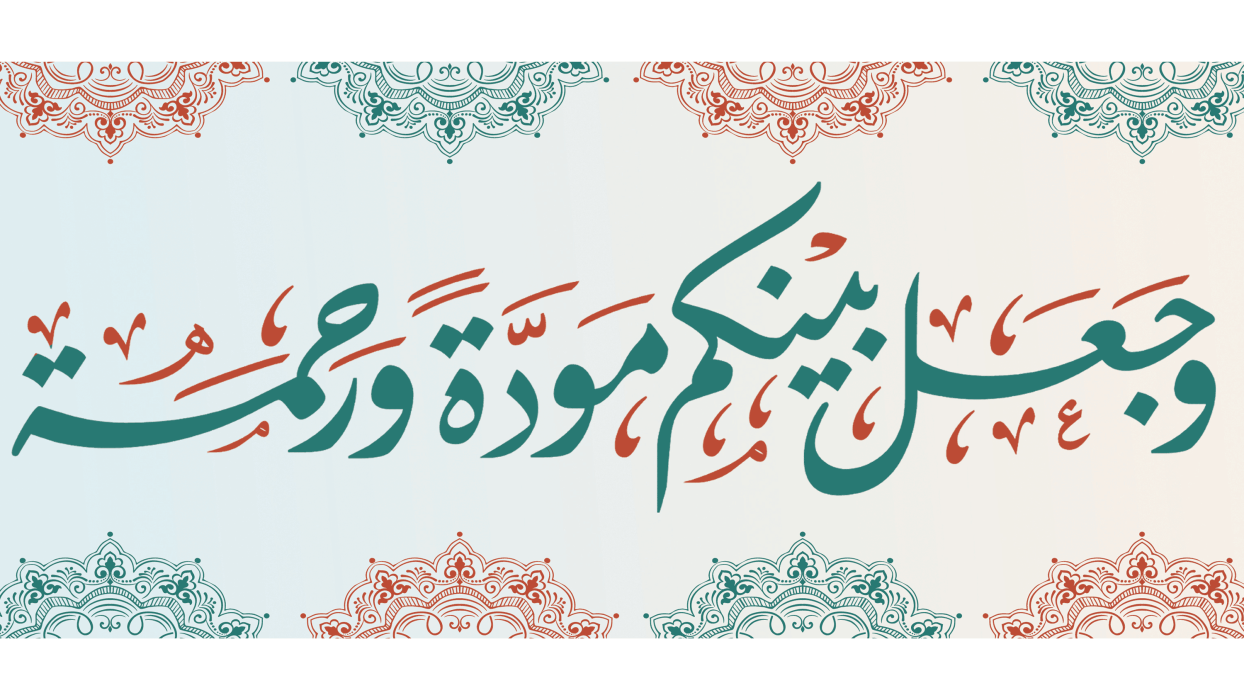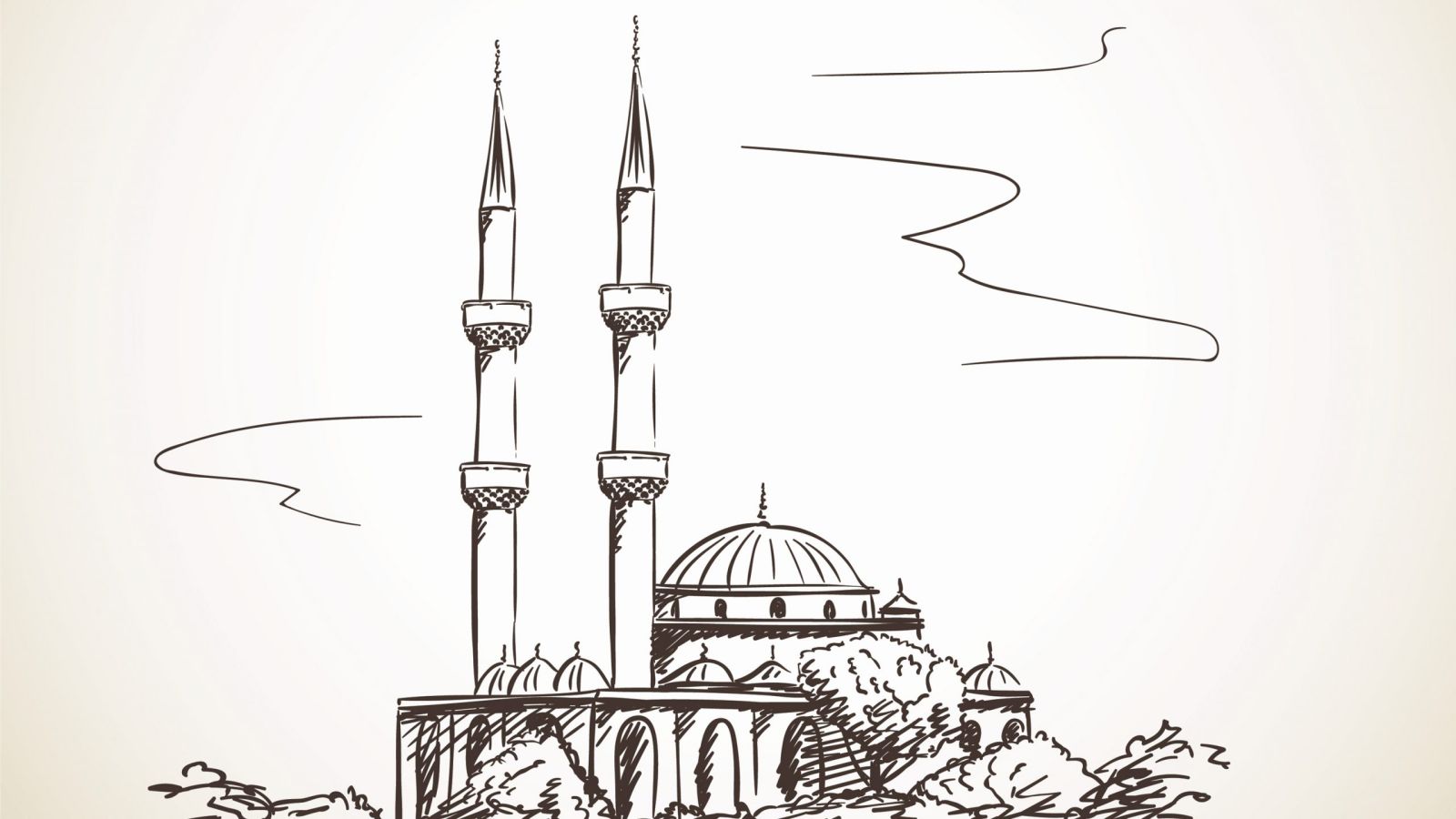Marriage in Islām
Shaykh Abū ʿUways

Unless our fathers were Muslim, practising and teaching us about marriage, we would not have learned and understood what marriage is. Unless the mother has an understanding of the dīn with regards to how to maintain a proper marriage, then we would not have learned or understood proper knowledge through the way we were raised or how people were raised around us. What makes us think that we are going to get married and it will be a successful marriage? We would not think like this with regards to other aspects of our dīn; we wouldn’t think we know how to make ṣalāḥ without properly learning, or Ramaḍān or wuḍūʿ; so what allows us to think we can enter marriage, something which has been legislated and spoken about in the Qurʾān and the books of the Salaf and Ḥadīth; enter into it with no understanding, and hope to attain a successful marriage? This is foolishness!
The only way to a successful marriage is the same way we expect success in other aspects of the religion. We think we can print one sheet of paper that says her rights and his rights and everything will be ok. It needs study. The Companions came to the Prophet with every issue of marriage they did not understand, and the Prophet spoke about rights of the spouses. Marriage is a great institution for all societies, nations, lands and people; within every time and place, to realise and understand that the Muslims knew and understood what marriage was. It is a grand beautiful institution, but it has to be in accordance with the Sunnah of the Prophet, otherwise it becomes a war of desires or will, a battlefield within the household of arguing, bickering, slandering and cursing; it becomes ugly. You can do marriage the proper way and make it seem like a throwback from Jāhilīyyah, people are being misused and abused and oppressed, it is a serious issue. So in regards to this there are narrations from the Prophet that speak about marriage, there is nothing better, as the Messenger (ṣallallāhu ʿalayhi wa salām) said, for two people who love one another than marriage, as long as it is in accordance with the Sunnah.
Patience and forbearance is important in marriage and restraining ones hands and tongue likewise requires discipline; without these matters there will not be a successful marriage. Understand when you see discord coming into a household that it is from the Shayṭān, and success in a household is from gentleness, mercy and happiness within the household. There is a reason and ḥikmah behind marriage, and some of the objectives behind marriage are to practise chastity, to have children to increase the Ummah so those who worship Allāh will be more, to preserve progeny and lineage. That which comes from togetherness and love and mercy between the wife and a husband, a man must have a partner that will share his life, his happiness, his worries. This agreement of marriage has a secret from Allāh that is great, and that is harmony, the love the Raḥmah, the level that can never be attained between two friends or companions; you can never have this except between a wife and a husband. Those who do not understand this issue of marriage can be compared to the individual who does not understand the basic principles of the dīn and indulges in all types of foolishness.
Our manhaj is based on tasfīyah (purification) and tarbīyah (education), people think that this only applies to ḥadīth and bidʿah, rather it applies to most things like marriage, to be cleansed of baggage and to be brought up upon the way of the Salaf and the Sunnah, not just Salafīs outside of the home, but within the home also.
Allah has ordered you to be good to your women for they are you mothers, wives, sisters and daughters; you are a people on the right way, but there are those who are astray. A man from the People of the Book would marry a woman while she was young and he was young, neither of them would have a desire to split from one another, and they would remain together up until both of them died of old age. Compare that to what we are seeing amongst ourselves. They curse Allāh and no one has said more evil things about Allāh than the Jews and Christians, yet they can enter into a marital agreement and stay with that woman through thick and thin, the bad and good, hard times and easy times, Spring, Summer and Fall until they both die of old age. If they can do it and they are astray, then what about you, O Ummah of Muḥammad! You have texts and legislation to go back to, you have revelation to go back to, Scholars to ask; you can deal with the matter and bring about harmony and resolve the situation in a good way. Regarding the women, then they have to accept their position, don’t listen to the Western women, they don’t know anything about being women, don’t listen to those who call to masculinity (feminism), listen to those who are females, who like being female and who are proud of the position Allāh has placed them in, knowing full well that if it was a battle place then that would be the best place for her and she should be pleased with that. Look to how you are with your husband, for he can be your paradise or your hellfire. Be obedient to Allāh with this regard and don’t care about what others say about it. Study and go through the bāb of Nikāḥ, you could be involved in great ʿibādah or great injustice, coming on day of judgement with someone coming to take their rights from you, why burden yourself with this matter?
Regarding the men, then be merciful to your women, be gentle and understanding, for you are responsible for those under your care, and it is enough sin for those who discard the responsibility of those whom they are responsible for. Aid in the education, cultivation and purification of your wife and children.










